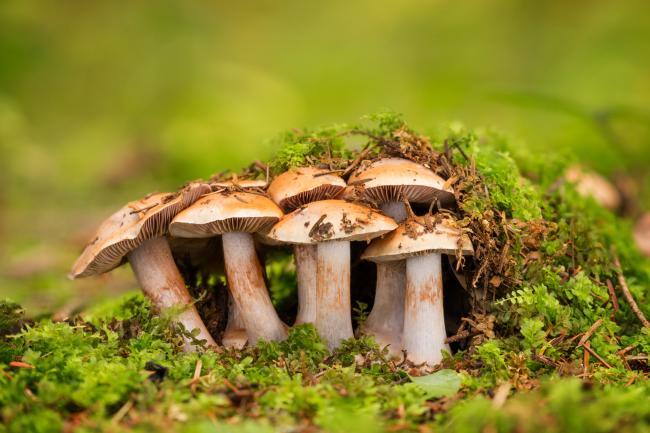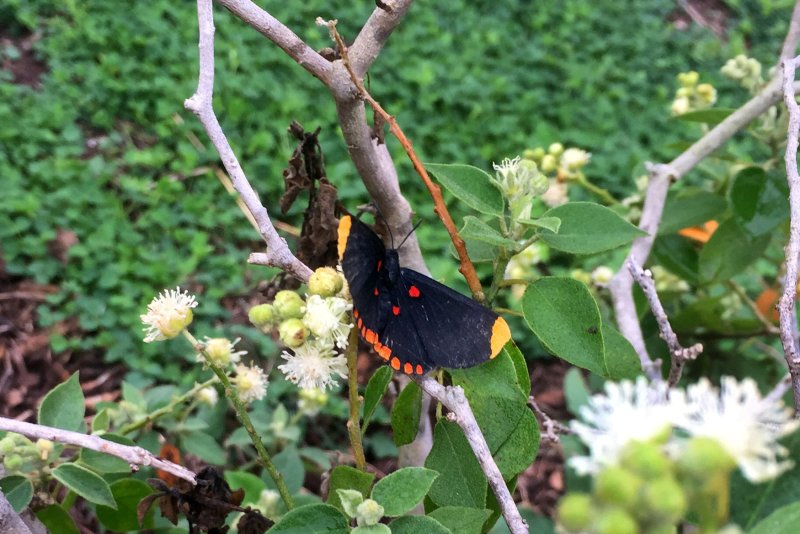
Domesticated rice has fatter seed grains with higher starch content than its wild rice relatives -- the result of many generations of preferential seed sorting and sowing. But even though rice was the first crop to be fully sequenced, scientists have only documented a few of the genetic changes that made rice into a staple food for more than half the world's population.






 Introducing fungi to wheat boosted their uptake of key nutrients and could lead to new, 'climate smart' varieties of crops, according to a new study.
Introducing fungi to wheat boosted their uptake of key nutrients and could lead to new, 'climate smart' varieties of crops, according to a new study.

 The Israeli Acute Paralysis Virus is a pathogen that affects honey bees and has been linked to Colony Collapse Disorder, a key factor in decimating the bee population. Researchers have now analyzed in detail how the virus hijacks the cellular protein production machinery and misuses it for its own purposes. The research, published in The EMBO Journal, is an important step towards the development of strategies to fight the Colony Collapse Disorder.
The Israeli Acute Paralysis Virus is a pathogen that affects honey bees and has been linked to Colony Collapse Disorder, a key factor in decimating the bee population. Researchers have now analyzed in detail how the virus hijacks the cellular protein production machinery and misuses it for its own purposes. The research, published in The EMBO Journal, is an important step towards the development of strategies to fight the Colony Collapse Disorder.
 Blasts cause significant loses in wheat crops. Recently Bangladesh was devastated by an invasion of South American races of wheat blast fungus, which occurred for the first time in the country in 2016. The disease spread to an estimated 15,000 hectares (16% of cultivated wheat area in the country) and resulted in yield losses as high as 100%.
Blasts cause significant loses in wheat crops. Recently Bangladesh was devastated by an invasion of South American races of wheat blast fungus, which occurred for the first time in the country in 2016. The disease spread to an estimated 15,000 hectares (16% of cultivated wheat area in the country) and resulted in yield losses as high as 100%.
 Human population density and land use is causing changes in animal genetic diversity, according to researchers at McGill University.
Human population density and land use is causing changes in animal genetic diversity, according to researchers at McGill University.